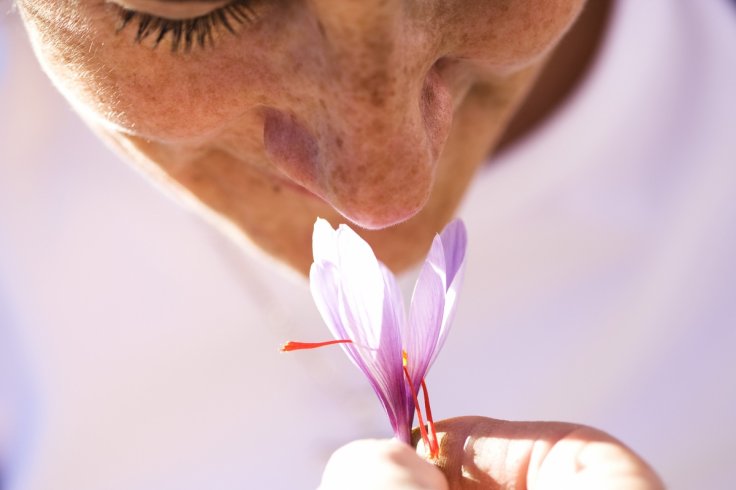Have you lost your sense of taste and smell after suffering from Covid-19 infection? It could take up to a year to get back, finds a study.
Telltale Sign of Infection
Since the pandemic was declared in early 2020, Covid-19-related anosmia, complete loss of smell, quickly emerged as a telltale sign of infection. The loss of smell can severely impact a person's quality of life, making it extremely difficult to taste foods, detect airborne hazards in the environment and carry out other functions dependent on the senses.

Researchers from the University Hospitals of Strasbourg in France followed 97 Covid-19 patients who lost their sense of taste and smell for an entire year and asked them to complete a survey every four months, according to the study published Thursday in JAMA Network Open.
Out of 97 patients, 51 of them also were asked to undergo objective testing to corroborate the self-reported surveys. At eight months, 49 out of the 51 patients had fully recovered their sense of taste and smell.
One of the two patients who had not recovered was able to smell, but abnormally, while the other still couldn't smell by the end of the study. While 46 Covid-19 patients did not undergo objective testing, they all reported a full recovery after a full year.
Long-Term Outcomes
"Our findings suggest that an additional 10 per cent gain in recovery can be expected at 12 months, compared with studies with six months of follow-up that found only 85.9 per cent of patients with recovery. This supports findings from fundamental animal research, involving both imaging studies and postmortem pathology, suggesting that Covid-19-related anosmia is likely due to peripheral inflammation," said Marion Renaud from the varsity.
"Persistent Covid-19-related anosmia has an excellent prognosis with nearly complete recovery at one year. As clinicians manage an increasing number of people with post-Covid syndrome, data on long-term outcomes are needed for informed prognostication and counseling," Renaud added.
A previous study from the Johns Hopkins University in the US showed that long-term exposure to particulate matter (PM) 2.5 -- a mixture of solid particles and liquid droplets found in the air -- doubles the risk of losing smell.









